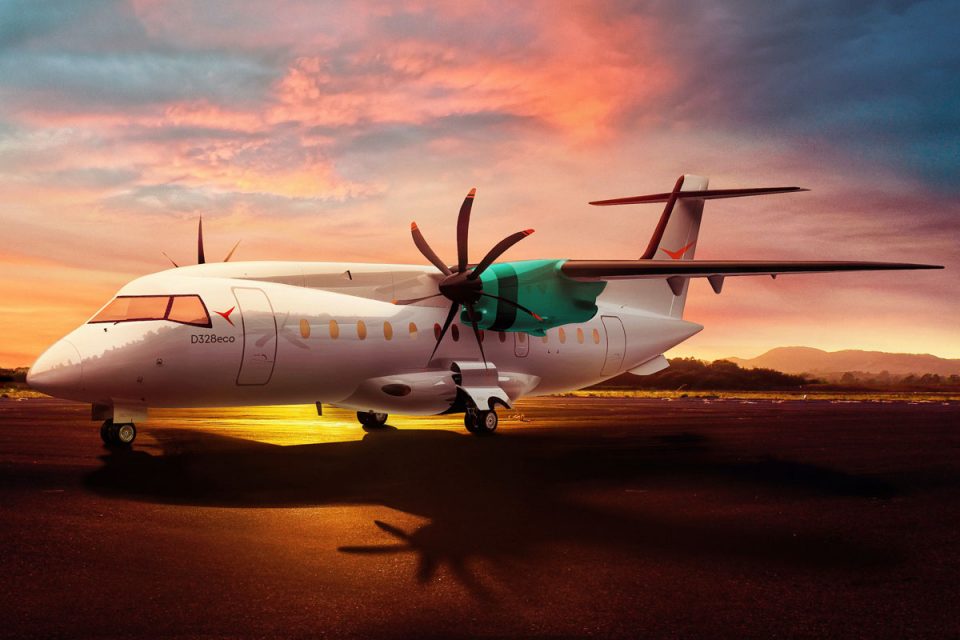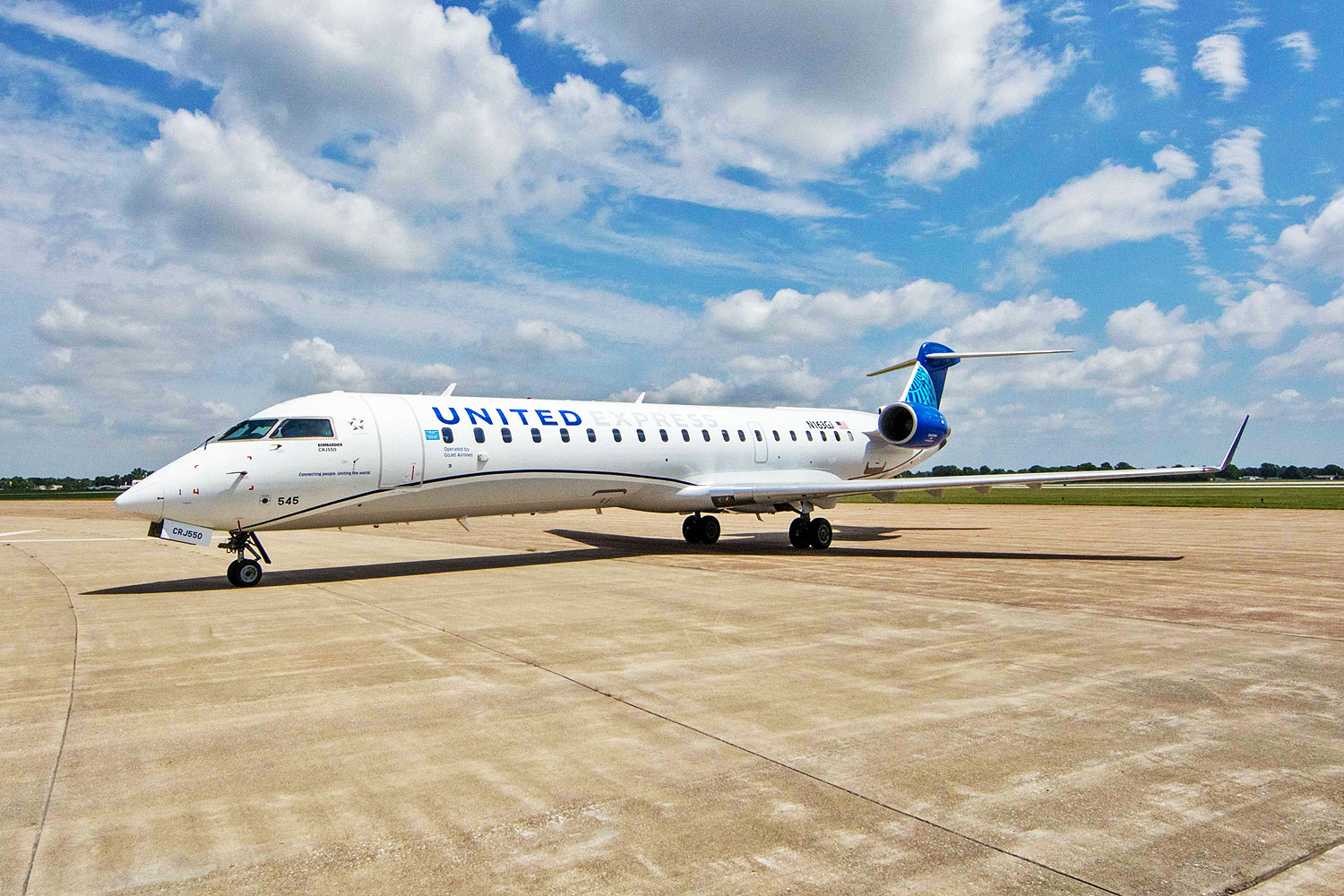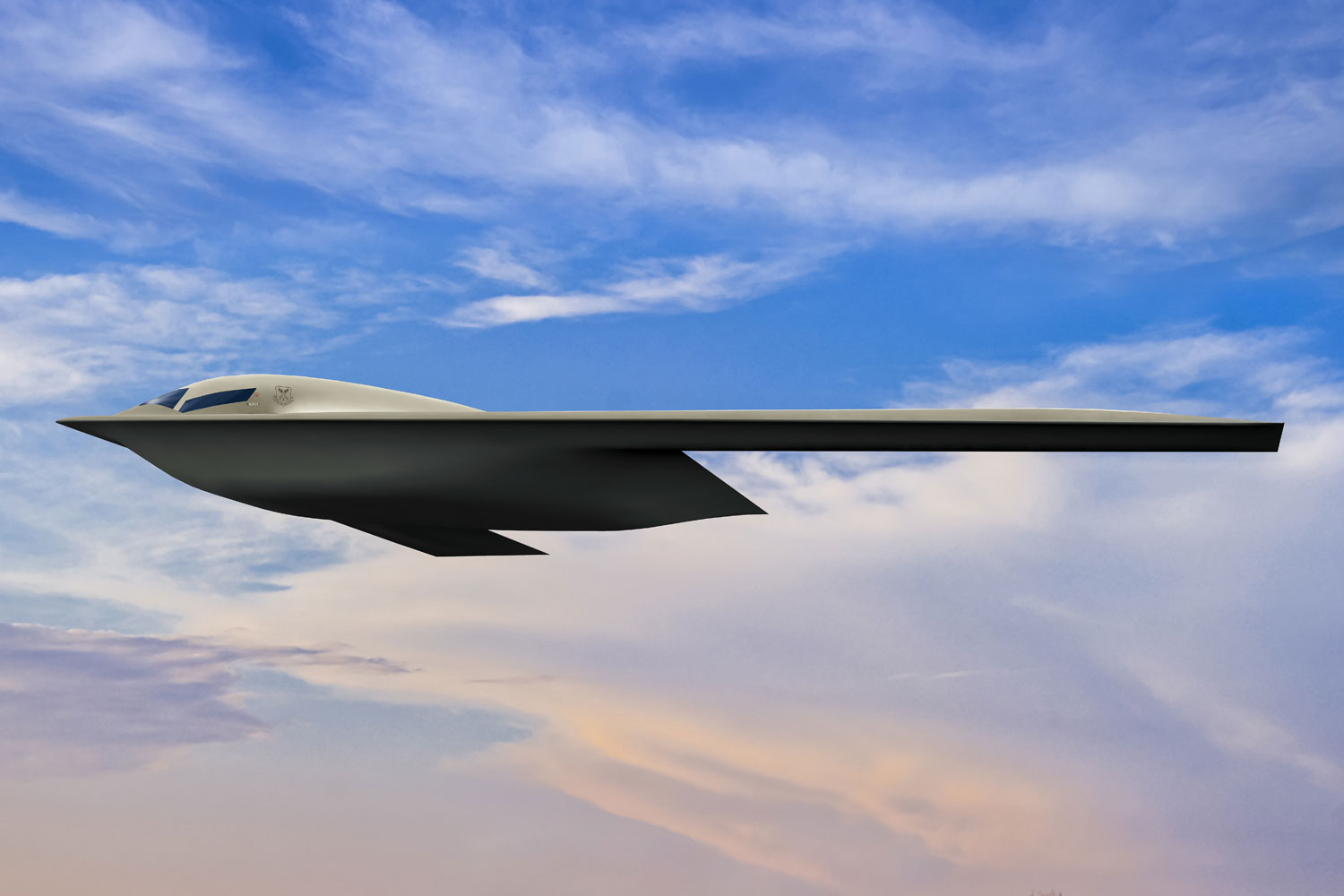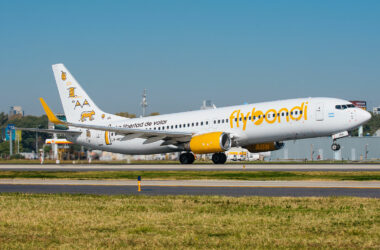H2FLY and Deutsche Aircraft signed a Memorandum of Understanding on Tuesday to research and develop the Hydrogen Fuel Cell technology for commercial regional aircraft.
Deutsche Aircraft, a company created to relaunch the Do328 turboprop, and H2FLY, a start-up born from the partnership between the German Aerospace Center and the University of Ulm, intent to convert a Dornier 328 aircraft for hydrogen flight. The demonstrator aircraft expected to fly in 2025, said the two companies.
H2FLY has been studying Hydrogen Fuel Cell technology in aviation for several years. The four-seat HY4 experimental aircraft, powered by an electric hydrogen engine, served as a test platform for the technology and performed over 70 flights.

The project intends to test the most powerful hydrogen-electric aircraft, with a 1.5 MW power system, according to the team involved in the program.
“Hydrogen fuel cell technology provides an opportunity for us to completely eliminate carbon and NOx emissions from regional flights and the technology to make that happen is closer than most people think”, said Prof. Dr. Josef Kallo, co-founder and CEO, H2FLY.
“Over the last 16 years we have worked hard to demonstrate our technology on smaller aircraft, completing record breaking flights based six powertrain generations. Today we’re pleased to be taking that to the next level with Deutsche Aircraft as we scale our efforts up to regional aircraft.”
“Deutsche Aircraft is convinced that the higher propulsive efficiency of propeller powered aircraft will drive the change in propulsion technology and will result in reducing fuel consumption and emissions even further in the future. Combining modern propeller aircraft design with zero carbon energy sources is central to achieving climate-neutral air transportation,“ said Martin Nüßeler, CTO at Deutsche Aircraft.

The use of hydrogen powered engines as an alternative to fossil fuels has been gaining space in new commercial aircraft projects. The biggest supporter of the concept is Airbus, which started developing the ZEROe program this year.
The fuel, which can be extracted from water, has zero pollutant emissions, however, it depends on a storage system capable of reducing its temperature to minus 253ºC. Hydrogen also requires four times more volume than jet fuel and therefore will occupy a large part of the fuselage of future commercial aircraft.






